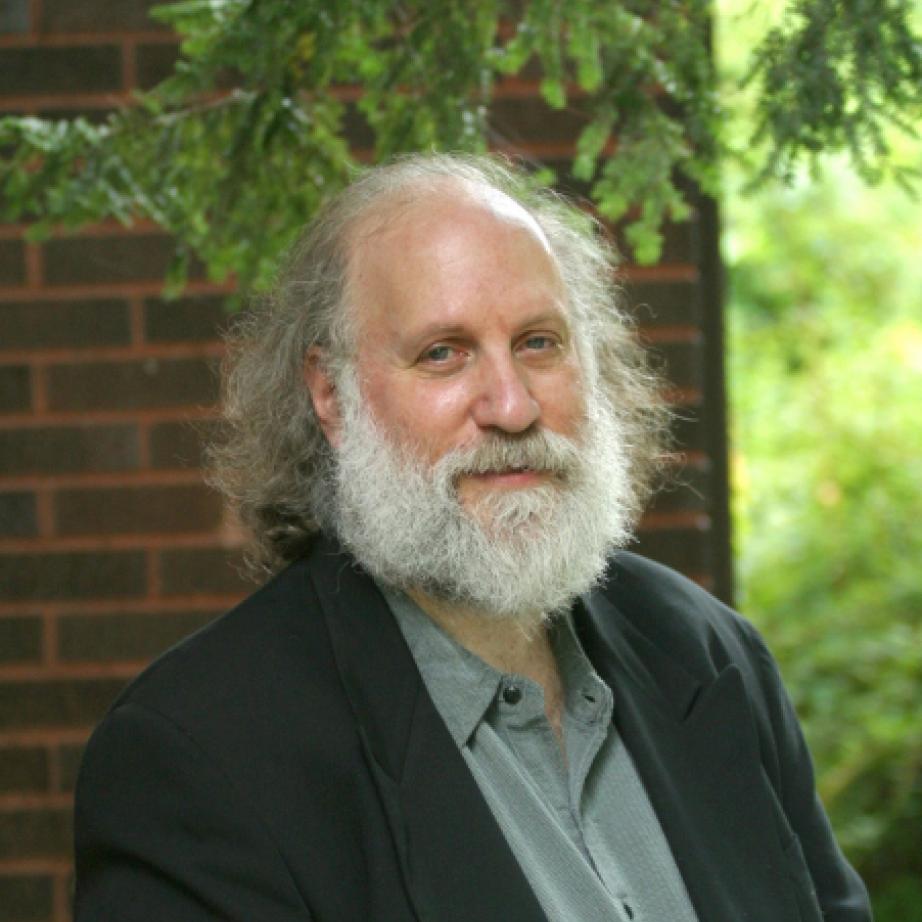Thursday, Apr 5, 2012
The School of Liberal Arts and Sciences 50th Anniversary celebration continues with the Academic Freedom Seminar on Monday, April 9, which will be highlighted by a keynote address from Dr. Cary Nelson, president of the American Association of University Professors.
by Sean Ramsden
The School of Liberal Arts and Sciences 50th Anniversary celebration continues with the Academic Freedom Seminar on Monday, April 9, at 1:30 p.m. in the Bart Luedeke Center Fireside Lounge. The afternoon of panel discussions will be highlighted by a keynote address from Dr. Cary Nelson, president of the American Association of University Professors, entitled Can Academic Freedom Be Saved?
Known not only as a blunt and witty commentator on higher education, Nelson is also an activist working hard to reform it. A professor of modern poetry and literary theory at the University of Illinois at Urbana-Champaign, Dr. Nelson has been involved in activist movements since his days as a student, when he was present for Dr. Martin Luther King’s “I Have a Dream” speech in Washington, D.C.
Nelson was active in the effort to unionize the Champaign-Urbana faculty in the 1970s and in the drive to recognize a graduate employee union 20 years later. As a member of the Modern Language Association’s Delegate Assembly, he co-authored a number of reform proposals, including a major project to document salaries for contingent faculty in English and foreign languages before seeing to their completion as a member of the organization’s executive council.
As a scholar, one of Nelson’s primary interests is in preserving the cultural heritage of the American Left. He discovered and published Edwin Rolfe’s anti-McCarthy poems and co-edited Madrid 1937, a massive collection of letters written home by American volunteers in the Spanish Civil War. He also edited the first comprehensive anthology of modern American poetry for Oxford University press, at the same time addressing contemporary topics like political correctness, hate speech regulations, sexual harassment, academic unionization, and the financial crisis in higher education.

